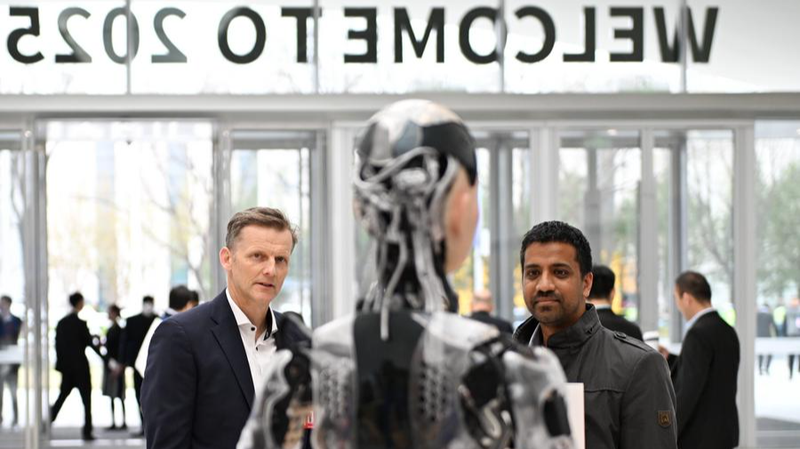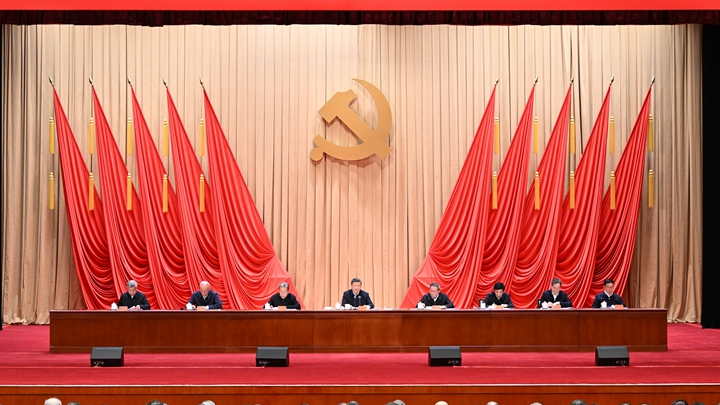In today’s global buzz, you’re probably hearing about "China Shock"—a term thrown around to warn of job cuts and cut-throat AI rivalry. But what’s the real deal? 🤔 Let’s dive in.
Jobs: Not as dire as they say
Despite popular claims of massive job losses in the United States, data shows the total number of US jobs has remained stable and even inched up 📈. Research from the US National Bureau of Economic Research (NBER) found that, on average, each region saw a net employment gain of 1.27% thanks to trade with China. While some factories lost workers, those lower-cost imports helped businesses and consumers cut costs, fueling new roles elsewhere.
The AI Catfish Effect
Worried about a second wave of "China Shock"? The real surprise might be China’s open, cooperative stance on AI 🤝. Unlike closed-source US models, Chinese firms like DeepSeek share their open-source AI tools freely. That means developers everywhere—from startups in Bangalore to research labs in Jakarta—get access to advanced tech without breaking the bank.
Global AI Collaboration
China has even proposed a World AI Cooperation Organization, echoing a UN resolution, to fast-track AI development in Global South countries 🌍. Think of it as adding a catfish to a school of sardines: that extra spark drives everyone to level up! 🚀
Bottom line? Instead of fearing "China Shock," why not see it as a chance to boost high-end innovation and global teamwork? After all, tough competition can spark the best breakthroughs.
Stay tuned for more insights on tech, jobs, and global trends!
Reference(s):
'China shock' or 'China opportunity': What has China actually done?
cgtn.com




